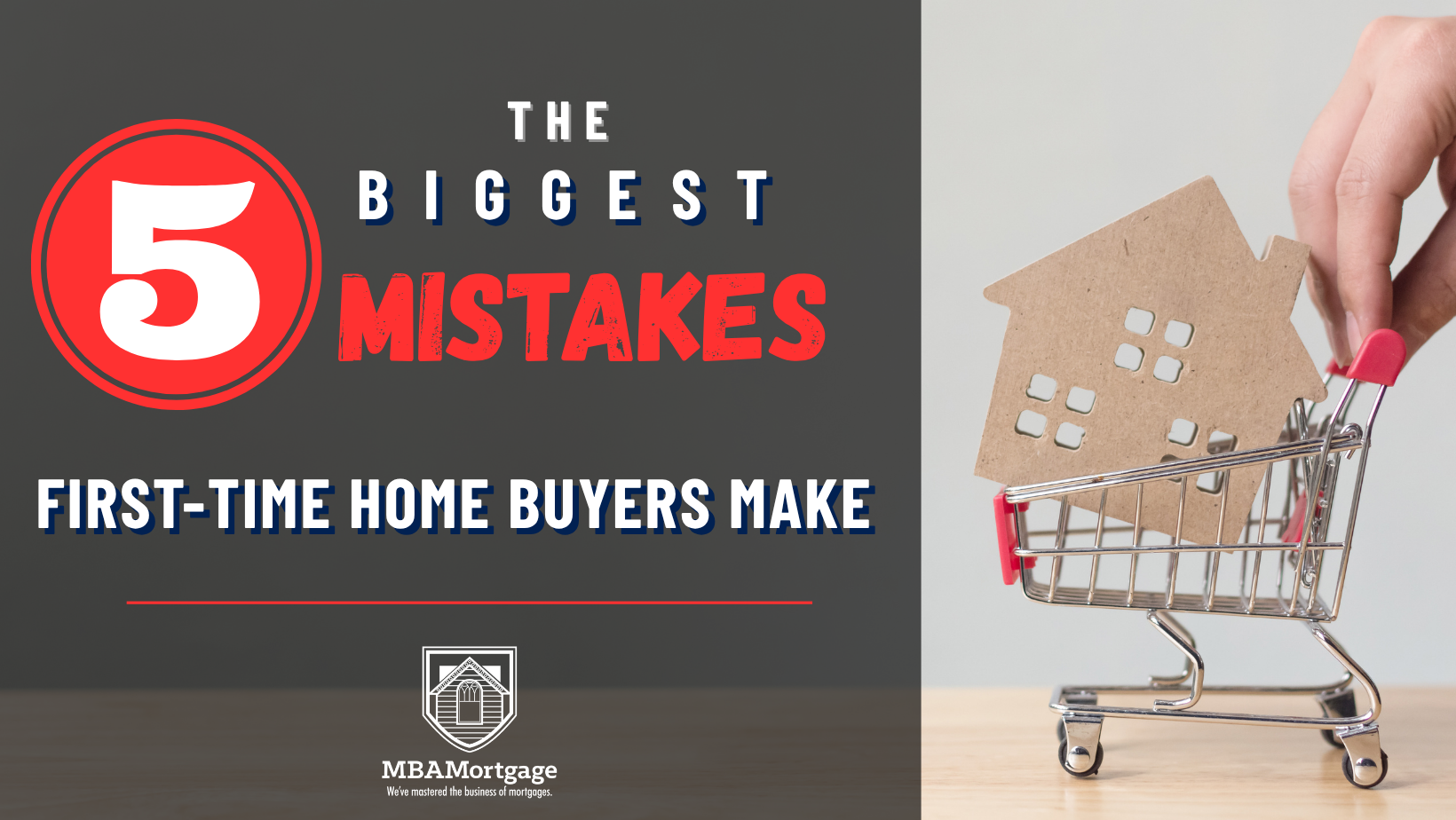When you’re buying a home, you face countless decisions: where to live, what price range…
Can You Afford a House? Signs You’re Ready to Buy
Buying a home is exciting, but it also comes with serious questions: Am I ready to buy? Can I handle the responsibility of a mortgage? How much house can I afford without stretching too thin?
Answering these questions isn’t just about crunching numbers—it’s about evaluating your financial stability, your goals, and your readiness for homeownership. If you’re thinking about purchasing, here are the key signs that you may be prepared to take the leap.
-
Your Credit Profile Is in Good Shape
Your credit score plays a major role in mortgage approval and interest rates. Generally, the higher your score, the better the loan terms. While it’s possible to buy a home with a lower credit score, improving your profile could save you thousands over the life of a loan.
Signs your credit profile is mortgage-ready include:
- A history of on-time payments.
- Low credit utilization (keeping balances well below your limits).
Notice we didn’t mention a FICO score? That’s because there are loan programs available for a wide range of scores. Obviously, the higher, the better but if you have a good payment history then it’s worth reaching out to a loan officer to talk about options. Programs exist for borrowers with lower scores, including FHA loans and other homebuyer assistance programs, which may provide more flexible options. In the worst-case scenario, your loan officer can help you make a plan to boost your score for a future application.
-
You Have a Reliable Source of Income
Steady income is the backbone of homeownership readiness. Lenders want to see stable employment and earnings history, usually over two years. This reassures them—and you—that you’ll be able to keep up with monthly mortgage payments.
For traditional employees, pay stubs and W-2 forms demonstrate income stability. For self-employed individuals or contractors, lenders may ask for tax returns or bank statements. If your income is consistent and you can show a track record, you’re in a strong position to qualify.
-
You’ve Saved for a Down Payment and Closing Costs
While you don’t always need a 20% down payment, you should have savings set aside. Many first-time home buyers put down between 3–10%. There are programs that may reduce down payment requirements, but you’ll still need some cash on hand.
Don’t forget closing costs, which typically range from 2–5% of the purchase price. These cover things like title insurance and taxes.
Beyond that, it’s a good idea (and sometimes necessary for mortgage approval) to keep an emergency fund with at least three to six months of expenses. Owning a home comes with surprises—like roof repairs or heating system replacements—and being prepared reduces stress.
-
You’ve Considered the True Costs of Homeownership
Your monthly payment isn’t just principal and interest. It also includes:
- Property taxes (which vary widely by town).
- Homeowners insurance.
- Private mortgage insurance (PMI) if your down payment is under 20%.
- Maintenance and repairs—industry experts suggest budgeting 1–3% of your home’s value each year.
Bottom line: you need to be comfortable with the long-term financial commitment that comes with owning property.
-
You Understand the Homebuying Process
If you’re confident in your financial footing, the next step is understanding how the process works. This includes:
- Getting pre-qualified for a mortgage
- Asking your mortgage officer to connect you with a realtor in your area of interest
- Finding the right property
- Making an offer
- Signing a purchase and sale agreement
- Completing inspections and appraisal
- Closing on the loan
The state of Massachusetts provides a helpful step-by-step guide to the homebuying process. Familiarizing yourself with the stages makes the journey less overwhelming and ensures you’re ready for each milestone.
-
You’ve Talked to a Mortgage Professional
Even with the best online research, nothing replaces a conversation with a knowledgeable mortgage professional. They can:
- Help you determine how much house you can afford.
- Walk you through loan options, including first-time home buyer programs.
- Explain how credit, income, and savings affect your approval.
- Guide you toward the most cost-effective financing solution.
Starting with a pre-qualification not only clarifies your budget but also strengthens your position with sellers when you make an offer.
Final Thoughts
The question “How much house can I afford?” is just the beginning. True readiness for homeownership goes beyond the numbers—it’s about financial stability, preparation, and confidence in your next steps.
If you’re wondering whether you’re ready, now is the perfect time to evaluate your finances, explore available programs, and speak with a mortgage professional. With the right preparation, buying a home can be an exciting and rewarding move for your future.
Ready to see if you’re prepared to buy a home? Contact us today to start with a pre-qualification and explore the best financing options for your situation.




